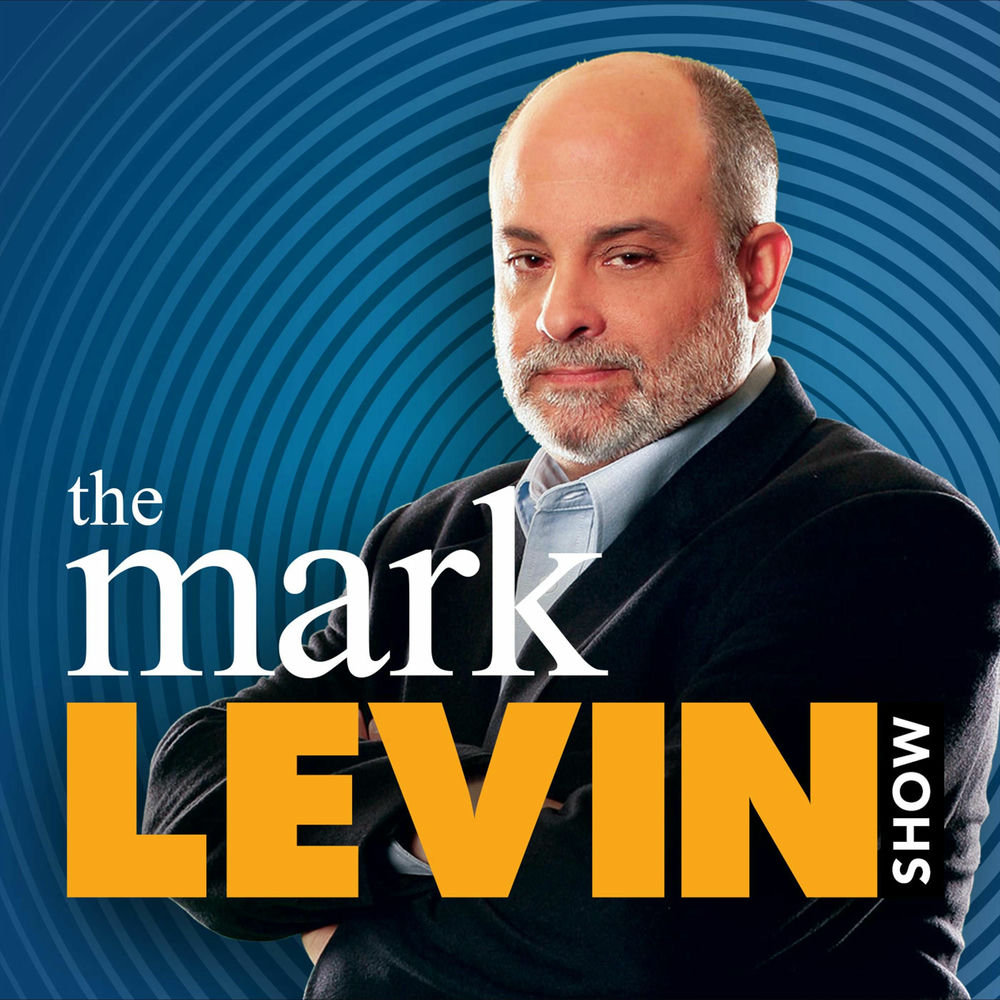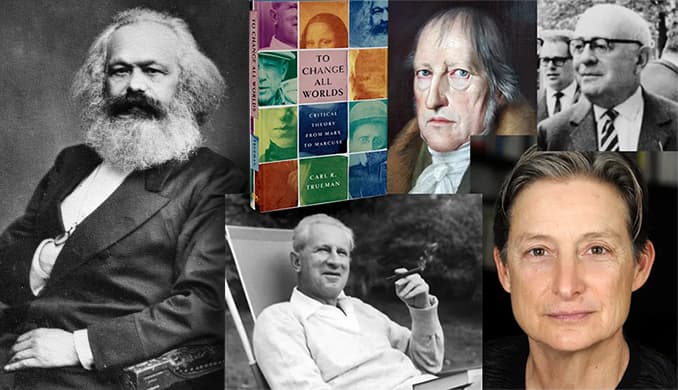Thomas Rousseau Reveals Shifting Definitions of American Identity in Provocative Interview
In a thought-provoking interview, Thomas Rousseau, a prominent figure in American cultural discourse, explored the evolving concept of American identity amidst a backdrop of political division and social change. Rousseau"s insights resonate deeply in today"s climate, where the question of what it means to be an American is increasingly complex and contentious. This conversation, which aired recently, offers a lens through which to examine the multifaceted nature of national identity in the United States.
Background & Context
The American identity has long been a subject of debate, shaped by historical narratives, cultural influences, and socio-political dynamics. Rousseau"s interview comes at a critical time when the nation grapples with issues of immigration, race, and civic engagement. As previously reported, the political landscape has shifted dramatically, with figures like Cuban immigrant Joseph Hernandez entering the NYC mayoral race to combat socialism and advocate for traditional American values. Such developments underscore the urgency of Rousseau"s reflections on what it means to be part of this diverse tapestry.
Rousseau emphasizes that American identity is not static; rather, it is a living concept that evolves with each generation. He posits that understanding this evolution is essential for fostering unity in a country that often feels divided. His insights challenge listeners to reconsider their own perceptions of identity in a nation built on the ideals of freedom and opportunity.
Key Developments
During the interview, Rousseau articulated several key points regarding the current state of American identity. He highlighted the impact of globalization and technological advancement, which have transformed how individuals connect with their national identity. "In an age of social media and instant communication, the lines between local and global identities are increasingly blurred," he noted. This observation raises questions about the implications of a more interconnected world on traditional notions of Americanism.
Rousseau also addressed the role of education in shaping identity, advocating for curricula that reflect a broader spectrum of American experiences. He argued that fostering an inclusive narrative is vital for future generations to understand their place within the American story. This perspective aligns with recent discussions on the importance of diverse historical representation in education, a topic that continues to spark debate across the nation.
\n\n
Image for Thomas Rousseau Reveals Shifting Definitions of American Identity in Provocative Interview
Broader Impact
The implications of Rousseau"s insights extend beyond individual understanding; they touch upon the broader societal fabric. Experts in cultural studies suggest that Rousseau"s call for a re-examination of American identity could lead to more inclusive policies and community engagement initiatives. As the nation faces challenges such as inequality and social unrest, a renewed focus on shared values may be crucial for healing divisions.
Historically, American identity has been shaped by waves of immigration and cultural exchange. Rousseau"s emphasis on inclusivity echoes sentiments from previous eras, where the nation sought to redefine itself in the face of change. Drawing parallels with the current political climate, one can see how past struggles for civil rights and recognition inform today"s discourse on identity and belonging.
What"s Next
Looking ahead, Rousseau"s insights may influence ongoing discussions about national identity in the context of policy-making and community outreach. As political leaders and activists engage with these themes, the potential for a more cohesive national narrative could emerge. Recent developments in political races, such as Hernandez"s candidacy, indicate a growing recognition of the need to address these complex issues head-on.
Moreover, the conversation surrounding American identity is likely to intensify as the 2024 elections approach. With candidates increasingly focusing on identity politics, Rousseau"s reflections may serve as a guiding framework for voters seeking to understand how their personal experiences intersect with the larger American narrative. The dialogue surrounding identity is not merely an academic exercise; it is a vital part of shaping the future of the nation.

Image for Thomas Rousseau Reveals Shifting Definitions of American Identity in Provocative Interview







![[Video] Gunfire between Iraqi security forces and Sadr militias in Baghdad](/_next/image?url=%2Fapi%2Fimage%2Fthumbnails%2Fthumbnail-1768343508874-4redb-thumbnail.jpg&w=3840&q=75)
